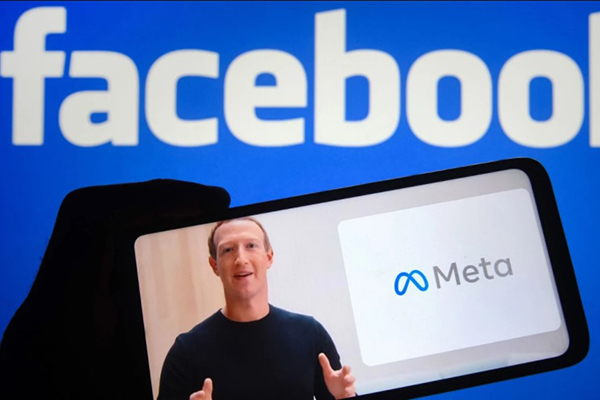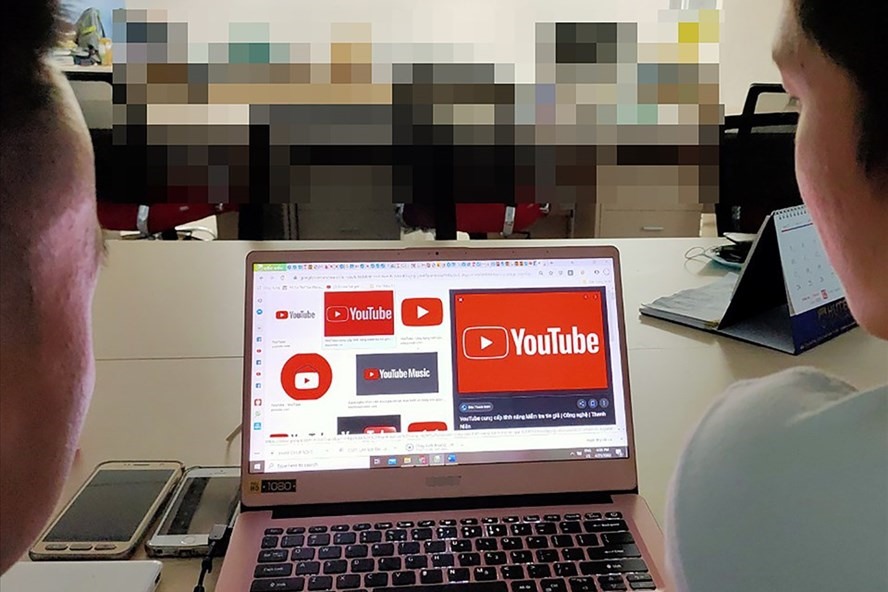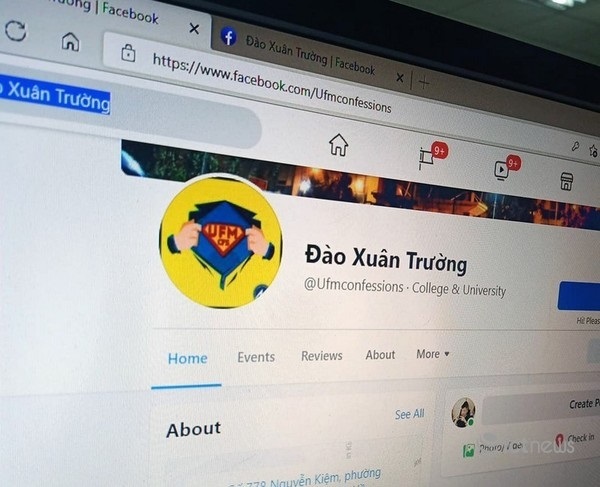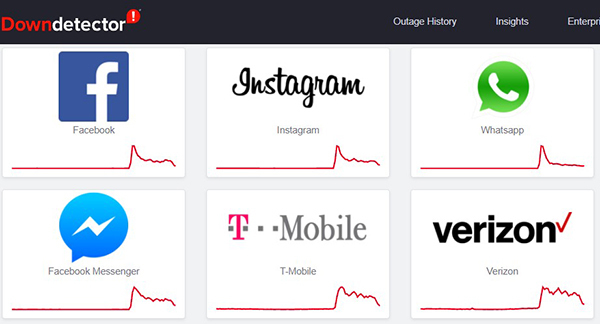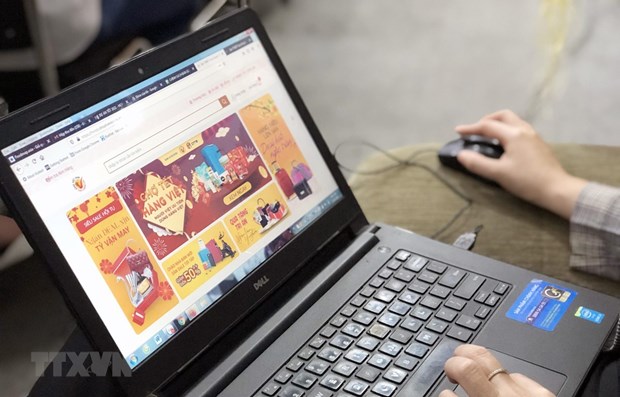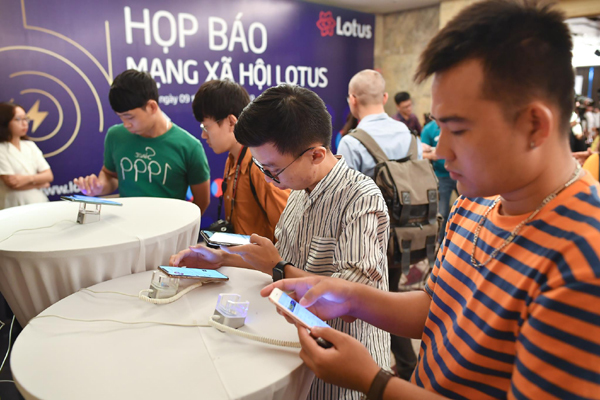- © Copyright of Vietnamnet Global.
- Tel: 024 3772 7988 Fax: (024) 37722734
- Email: evnn@vietnamnet.vn
Update news Facebook
Meta establishes Climate Science Center in Vietnam
After changing its name from Facebook to Meta, the corporation has launched a new operation in Vietnam and other Asian countries.
How will Facebook, Google and YouTube be taxed in Vietnam?
The General Department of Taxation directly administers taxes on overseas suppliers and is responsible for granting tax identification numbers to overseas suppliers in accordance with Vietnamese regulations.
Vietnamese universities’ fanpages renamed due to Facebook's vulnerability
A vulnerability on Facebook has been exploited by hackers to change the name of many fanpages of universities in Vietnam.
Facebook down on Monday night, Vietnamese clamor for access
Vietnamese are heavily reliant on Facebook as a communication channel, as was clear when Facebook had an outage Monday night.
Many Facebook accounts in Vietnam may become permanently locked
Many Facebook accounts in Vietnam have received notices of suspension due to violations of community policy. If the users do not give a compelling reason, their accounts will be permanently locked.
Vietnam keeps tabs on digital advertising
The Vietnamese government’s new initiative on cross-border advertisement on digital platforms like YouTube, Google, and Facebook is deemed a step up from previous legislation, particularly regarding censorship and tax obligations.
Social networks used to help each other during the pandemic
In many places, Facebook pages have become the tool to distribute mainstream information by local agencies, such as the people’s committees and health divisions of wards and communes during the pandemic.
Facebook sues 4 people living in Vietnam for online scams
Facebook has filed a lawsuit against four people living in Vietnam for hacking into accounts and running illegal ads worth more than $36 million.
Social networks full of negative energy: artists
“Facebook has recently been covered with fake news and bad news, which has spread negative energy,” said Anh Tuyet, a famous singer.
Facebook a top video platform for Vietnamese consumers
Up to 97 per cent of Vietnamese users identified Facebook as a top video platform while 74 per cent said they watch publisher videos because “I can watch videos on Facebook everywhere, at any time”.
Online ads earn big amid COVID-19 pandemic
Online advertising, as the first choice of firms and brands amid the pandemic, is thriving in Vietnam and could reach the milestone of 1 billion USD in revenue this year.
Parents warned about posting photos of children on social networks
In the past, Vietnamese people were willing to provide personal information and their photos, but many have decided to stop doing this because of certain risks.
Vietnamese smartphone usage spent mostly on Facebook
In 2020, Vietnamese spent 25% of their time on smartphones surfing Facebook and 12% of their time watching YouTube.
VN businesses pour money into advertising on social networks
Businesses are still spending a lot on advertising on social media and search engines. This trend has yet to change as many Vietnamese companies consider these the main channels to reach customers.
Facebook launches “Instagram for Vietnam” campaign
Facebook has kick-started a campaign on Instagram to encourage Vietnamese young people’s innovative spirits and promote values created by them on the photo and video sharing social networking service.
Content debate piques local interest
Following the ongoing showdown between Australian lawmakers and Google and Facebook, Vietnam aims to devise similar plans and force global tech titans to share some of the profits they make for using and sharing local press articles.
Facebook, Google, YouTube likely obliged to pay taxes in Vietnam
Foreign tech giants like Facebook, Google, and YouTube will have to pay taxes in Vietnam under a draft circular, after years of invoicing their revenues out of the country.
Farmers embrace livestreams, high-tech advances for better quality, productivity
Farmer Le Van Chin from the southern province of Long An recently livestreamed an advert about his cooperative’s red-flesh dragon fruit on his Facebook page.
Tax revenue from Google, Youtube, Facebook reaches $49.5 million in 2020
Tax revenues from online advertising business models of foreign organisations that do not have legal entities in Vietnam like Google, YouTube or Facebook hit VND1.14 trillion ($49.5 million) last year.
Vietnam vows to control digital technology powerhouses
How to force cross-border social networks to observe the laws of the host countries is a challenge not only for Vietnam but for all countries.
